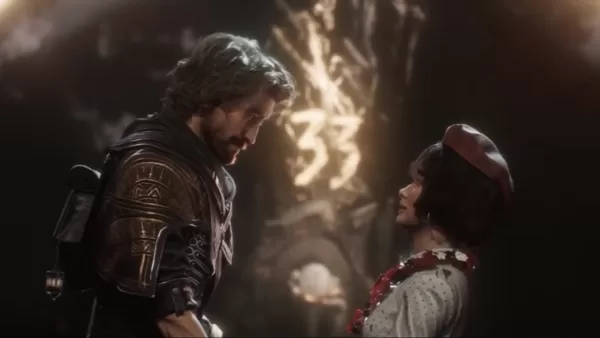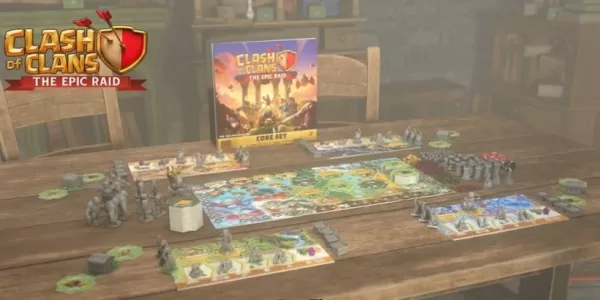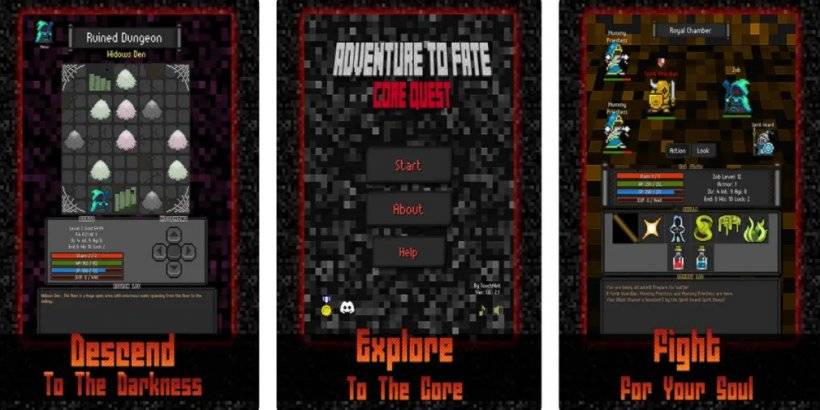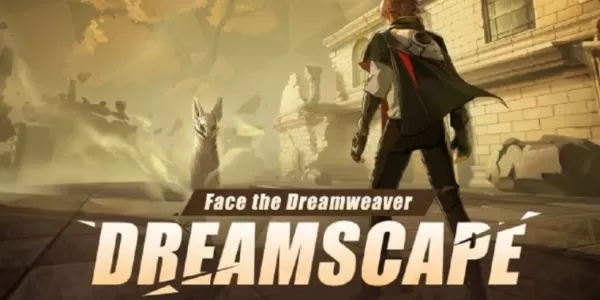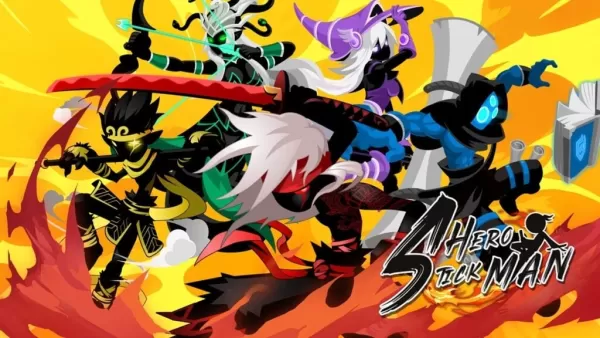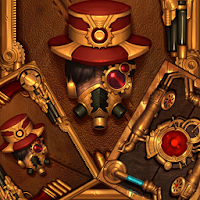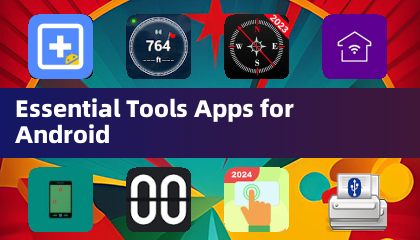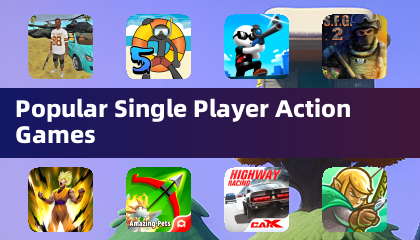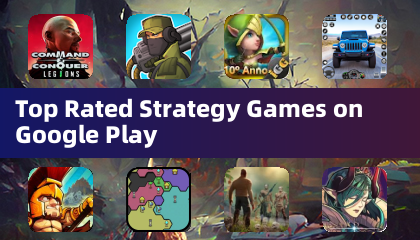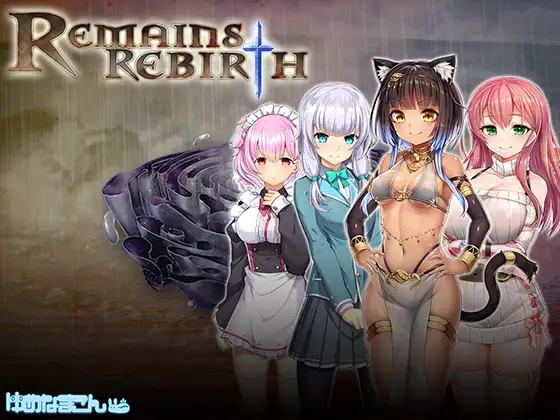At the DICE Summit 2025, Rod Fergusson, the general manager of the Diablo series, began his keynote not by highlighting the franchise's successes, but by addressing one of its most notorious setbacks: Error 37. This infamous error, which plagued the launch of Diablo 3, prevented countless players from accessing the game due to server overload. The resulting backlash and the subsequent meme-ification of Error 37 underscored the challenges Blizzard faced. Despite these initial struggles, Blizzard managed to rectify the issue, and Diablo 3 eventually thrived as a successful title. However, the memory of this launch debacle has driven Blizzard and Fergusson to ensure that such incidents do not recur, particularly as Diablo evolves into a more intricate live-service model with Diablo 4, featuring frequent updates, ongoing seasons, and regular expansions.
Following his talk titled "Evolving Sanctuary: Building a Resilient Live-Service Game in Diablo IV," I had the opportunity to speak with Fergusson at the summit in Las Vegas. In his presentation, he outlined four key strategies for maintaining the resilience of Diablo 4: scaling the game effectively, ensuring a steady flow of content, being flexible with design purity, and keeping players informed about future updates, even if it means sacrificing some element of surprise.
Fergusson's vision for Diablo 4 is clear: to keep players engaged consistently over the long term. This approach marks a significant shift from the traditional model of releasing numbered sequels every few years to embracing the live-service model that keeps games evolving and engaging players over extended periods. When asked about the longevity of Diablo 4 and whether it might become the perpetual "Diablo" akin to World of Warcraft, Fergusson expressed a desire for the game to last for years, though he stopped short of calling it eternal. He drew comparisons to Destiny, noting the challenges of committing to long-term plans prematurely. Fergusson highlighted the significant time gap between previous Diablo releases and emphasized that Diablo 4's aggressive update schedule is a new direction for the franchise.
Fergusson also discussed the delayed release of Diablo 4's second expansion, Vessel of Hatred, now set for 2026 instead of the initially planned 2025. This delay was necessitated by the need to shift resources to support the live game and its first season. He cautioned against setting fixed timelines too early, learning from past experiences that flexibility is crucial in a live-service environment.
Transparency is another cornerstone of Fergusson's strategy. He mentioned the upcoming content roadmap set to be unveiled in April and the Public Test Realm (PTR) for players to test upcoming patches. Initially hesitant about spoiling surprises, Fergusson now believes that it's better to "ruin the surprise for 10,000 people so that millions of people have a great season." This approach helps avoid larger issues that could arise from unexpected changes. He also expressed interest in expanding the PTR to console players, acknowledging the challenges involved but noting Blizzard's commitment to this goal, supported by their parent company, Xbox.
The integration of Diablo 4 into Xbox Game Pass was highlighted as a strategy to attract more players, similar to the decision to release the game on Steam. Fergusson contrasted the model of Diablo 4, a premium live-service game, with the free-to-play model of Diablo Immortal, emphasizing how Game Pass removes barriers to entry and sustains a flow of new players.
In our conversation, I also asked Fergusson about his gaming habits and influences. While he acknowledged the differences between Diablo 4 and Path of Exile 2, he expressed an understanding of players who enjoy both games and the need to avoid overlapping season launches. As for his personal gaming, Fergusson listed his top three games of 2024 by playtime: NHL 24, Destiny 2, and, unsurprisingly, Diablo 4, with over 650 hours logged on his home account. He shared his current fascination with the Companion Druid and Dance of Knives Rogue builds, underscoring his deep personal connection to the game that brought him to Blizzard five years ago.

